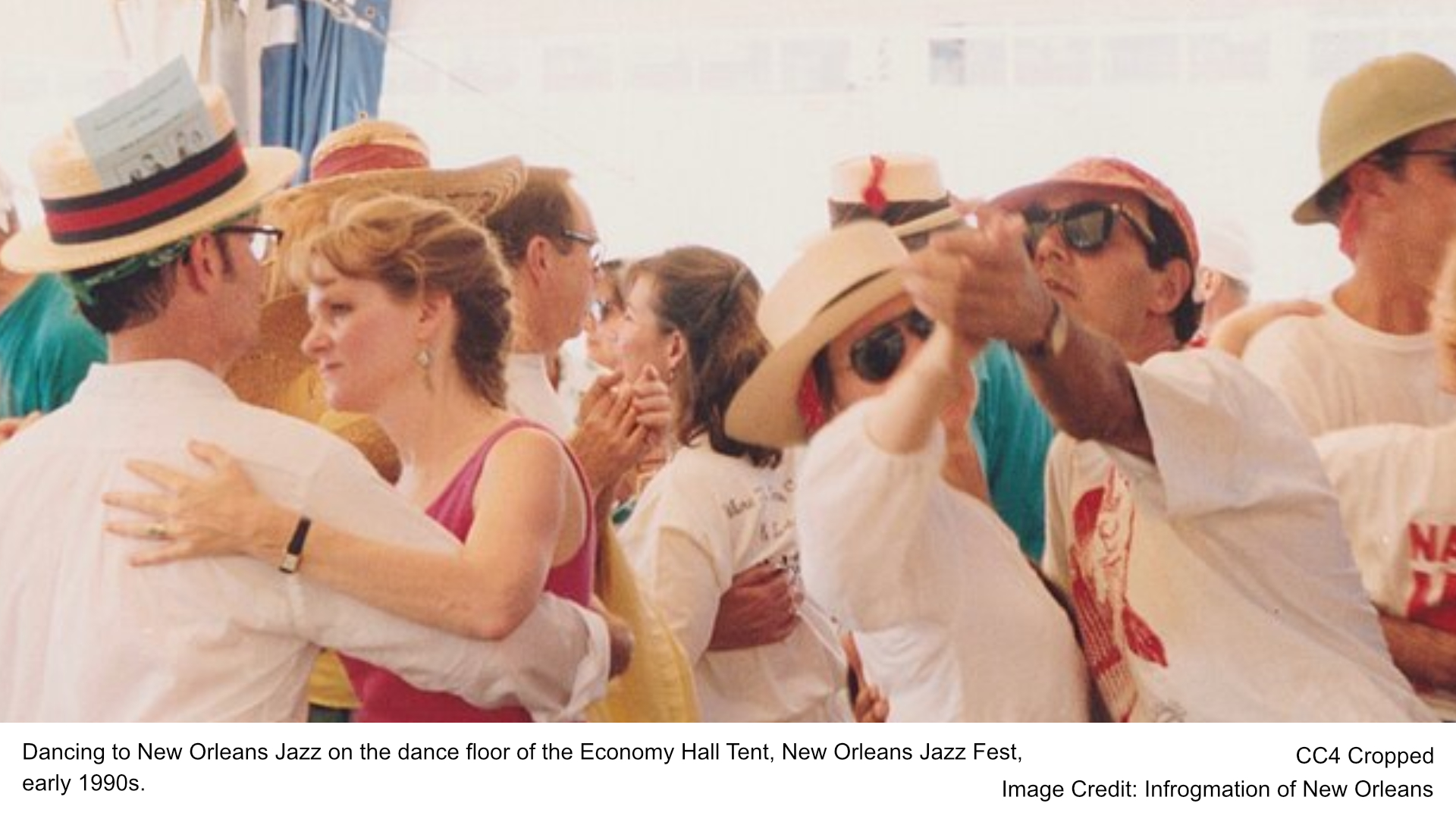Studies have shown that fans of upbeat pop music, including artists like Taylor Swift and Charli XCX, often exhibit traits of agreeability and extroversion. These fans tend to be socially outgoing, cheerful, and reliable. However, they may also hold more conventional views and score lower on openness, a trait associated with creativity and curiosity.
- Pop and Country Music Fans: Fans of pop artists like Taylor Swift and country artists like Luke Combs tend to be agreeable, reliable, and emotionally stable but may lean toward conventional and traditional values.
- Jazz and Metal Enthusiasts: Jazz lovers are imaginative and open-minded, while metal fans are introspective and creative, dispelling stereotypes of aggression.
- Rap Fans: Rap listeners, including fans of Kendrick Lamar and Drake, exhibit self-confidence and risk-taking but may score lower on agreeability.
- Broader Patterns: Diverse music tastes suggest openness and creativity, while extensive listening may correlate with higher neuroticism, reflecting complex links between music and personality.
Country music enthusiasts share similar attributes. They are often hardworking, determined, and emotionally stable but may also be more closed-minded. Luke Combs fans, for example, might display a strong respect for authority and a preference for traditional values.
Jazz fans stand out for their creativity, open-mindedness, and imagination. Dr. David Greenberg’s research from the University of Cambridge found that jazz lovers worldwide share these attributes. However, they also tend to experience higher levels of neuroticism, which means they might be more prone to sadness and anxiety.
Metal fans, often stereotyped as aggressive, are actually introspective and gentle. Studies indicate that while they might experience internal angst, they are also creative and curious. Despite their reputation, metal fans like those of Slayer or Slipknot are introverts who find solace in intense music.
Rap fans, including those of Kendrick Lamar and Drake, are known for their self-confidence and willingness to take risks. They are typically outgoing and ready to explore new experiences. However, they may also exhibit lower levels of agreeability.
The correlation between music preferences and personality is not absolute, but it provides a fascinating lens for understanding human behavior. For example, fans of Eminem’s “Lose Yourself” might score higher on psychopathy, while those who enjoy upbeat tracks like Sia’s “Titanium” are less likely to exhibit such tendencies.
Music consumption patterns also reveal personality traits. People who listen to a diverse range of songs are often open-minded and creative. Conversely, those who spend more time listening to music may exhibit higher levels of neuroticism.
Understanding these connections helps psychologists and researchers explore the complex relationship between music and personality. It also provides individuals with an opportunity to reflect on their own traits and how their music choices might mirror their inner selves.
In conclusion, while music preferences alone do not define personality, they offer a unique window into the diverse and intricate nature of human identity. As research continues, the interplay between music and personality will likely uncover even more intriguing insights.
Sources:
- University of Cambridge: Dr. David Greenberg’s research on music and personality.
- Studies on personality traits and music preferences from psychology journals.







Be First to Comment